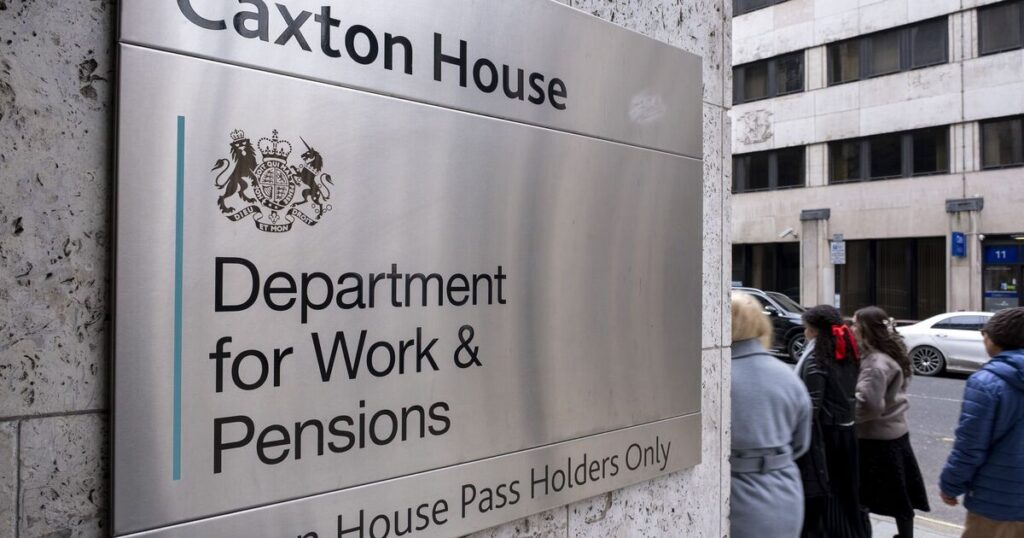
The Department for Work and Pensions (DWP) reportedly loses millions of pounds to benefit fraudsters each year, according to its own calculations. In the coming months, a new bill will give the DWP powers to check the bank accounts of claimants, ensuring they’re receiving the correct amount of benefits.
Despite this, the department’s surveillance capacity is limited, particularly when a claimant is not actively under investigation. Claimants will be notified if they are suspected of benefit fraud relatively soon after suspicions are reported, typically triggering an investigation. On rare occasions, the department may conduct a random check.
For the financial year ending 2024, DWP figures reveal that 3.7% (£9.7 billion) of total benefit expenditure was overpaid due to fraud and error. In response to this, the Fraud, Error and Debt Bill will grant investigators new powers, including requiring banks and financial institutions to share data that could indicate potential benefit overpayments, such as highlighting savings.
Under current procedures, before these new measures are implemented, a person will be contacted by either the DWP, HMRC, Defence Business Services or their local authority, depending on the type of benefits claimed and the severity of the accusations being investigated. As part of the investigation process, your benefits may be temporarily halted, but you will receive a letter explaining this if it applies, reports Leicestershire Live.
If you find yourself struggling to make ends meet during an investigation if your benefits are halted, Citizen’s Advice recommends seeking advice from a professional who can inform you about potential payments you may be eligible for.
Those suspected of benefit fraud might receive a visit from a Fraud Investigations Officer or be requested to attend an « interview under caution », which is typically recorded and could be used in a criminal investigation.
Both of these are methods of gathering information to better understand your case. You can seek advice on your case from a legal advisor, solicitor or Citizen’s Advice.
According to JD Solicitors, investigations usually span a few months, but they noted that some extreme cases can take up to a couple of years while others only last a few weeks at most.
Citizen’s Advice emphasised that having your benefits stopped, being asked to confirm details or other things that may seem like signs that you’re under investigation doesn’t necessarily mean this is the case. The DWP also routinely checks to ensure benefit claimants are receiving the correct amount.
The DWP is also being granted a new power forcing financial institutions to co-operate with investigations by providing minimal information about claimants. It does not allow them direct access to see bank accounts of claimants but rather requests the bank to give limited information to verify the account holders eligibility for benefits.
You may also be asked to provide information about any lifestyle changes that could have impacted your benefits. Proof of this might be required, such as a doctor’s letter for those needing to demonstrate their condition remains unchanged, or bills showing who resides in the household.
Those claiming Universal Credit may need to supply copies of their passport, tenancy agreement, or even photographs of themselves outside their home.
For further details on what occurs if an individual is suspected of committing benefit fraud, click here.
